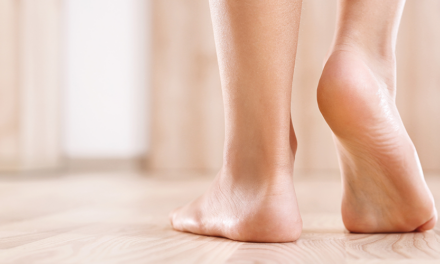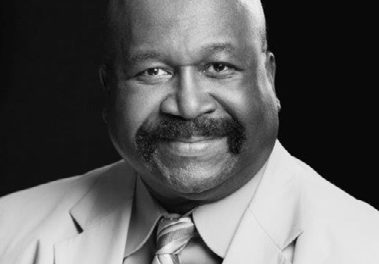As an orthopedic surgeon with a sports medicine specialty, what injuries do you normally treat? Are all of them surgical?
I treat a wide variety of injuries in sports medicine. I try to provide treatment for any injury an athlete may sustain. I treat the patient from head to toe, concussions to turf toe. Fortunately, most injuries can be managed without surgery. A lot of my job is diagnosing different injuries and then helping to determine when it’s safe to return to sporting activities. Once we have identified the problem, many injuries can be managed with rest, bracing, anti-inflammatories, or physical therapy. Most of my surgical cases tend to be minimally invasive shoulder and knee surgery. I also perform surgeries for sporting injuries to the elbow, hip, and ankle. If there is a more severe injury to the hand, foot, or spine, I generally consult with one of our other specialists for surgical management.
Do I have to be an athlete to see a sports medicine surgeon?
Not at all. Many of the injuries I have expertise in treating in athletes also occur in the general public. People just trying to stay fit and active may sustain injuries that I can help with. I enjoy seeing patients of all ages. The injuries may be managed a little differently in different age groups, but the general principles are the same.
Any tips for protecting muscles and joints when training outdoors during transitional weather (i.e., the cold-to-warm-and-cold-again weather we have in Tennessee)?
I think most of us could benefit from working on flexibility training. If our muscles are too tight, that puts them at risk for injury. Tight muscles can also lead to additional stress on our joints and contribute to pain in those areas. Stretching is really important anytime, but even more so in cold weather. The cold weather tightens our muscles making stretching even more necessary to limit injuries.
If I’m working out and hurt myself, how can I tell whether I should treat it at home, come see you, or head straight to the ER?
It depends on the severity of the pain and the specifics of the injury. For example, if you are on a trail run, roll your ankle, and can no longer walk, you need to get an x-ray. We try to make that process as easy as we can for patients by taking walk-in patients at our offices and offering evening hours and Saturday clinics. If you cannot get into an Orthopedic Surgeon’s office, then the ER can be another option to get x-rays and initial management. Alternatively, if you have a sore joint or muscle without any specific injury, it’s usually safe for you to try some initial treatment on your own. Many overuse injuries will respond to taking anti-inflammatories for a week or so and avoiding any exercise that causes pain. If you have treated your injury for a few weeks without improvement, then it’s probably time to come in and ensure no serious injuries are present.
What should I know ahead of my visit to your office?
You should know that there are frequently multiple ways to treat the same injury. I will help educate you on your injury and present different treatment options, and then we will decide together what the best treatment for you is. Treatment plans may differ based on the patient’s recovery timeline and desire to avoid certain medications or other interventions.
You do robotics-assisted surgery – are there any benefits to the robot for patients? What types of surgeries allow for the use of the robot?
Absolutely. Robotic assistance helps improve the precision of the operation. I use robotic assistance for total knee replacements. I can now make fine-tune adjustments to how I put the knee replacement in that I was not able to do prior to this technology. The robot allows me to better balance the soft tissues around the knee and provide better joint alignment. My hope is that this leads to the knee replacement lasting longer and feeling like a more normal knee.
Dr. Marcus Biggers is an orthopedic surgeon specializing in sports medicine and practicing at OrthoSouth clinics in Memphis, Bartlett, and Germantown. During his sports medicine fellowship, Dr. Biggers served as an associate physician for the University of Alabama, Birmingham Barons (Chicago White Sox AA affiliate), the WWE professional wrestling association, and Birmingham Ballet. He also treated multiple professional and collegiate athletes from across the country. Today he focuses on shoulder, elbow, hip, and knee disorders, as well as all sports-related injuries. He also has expertise in shoulder and knee replacement surgery. For more information, visit www.orthosouth.org or call 901.643.3000.
By Marcus Biggers, MD







